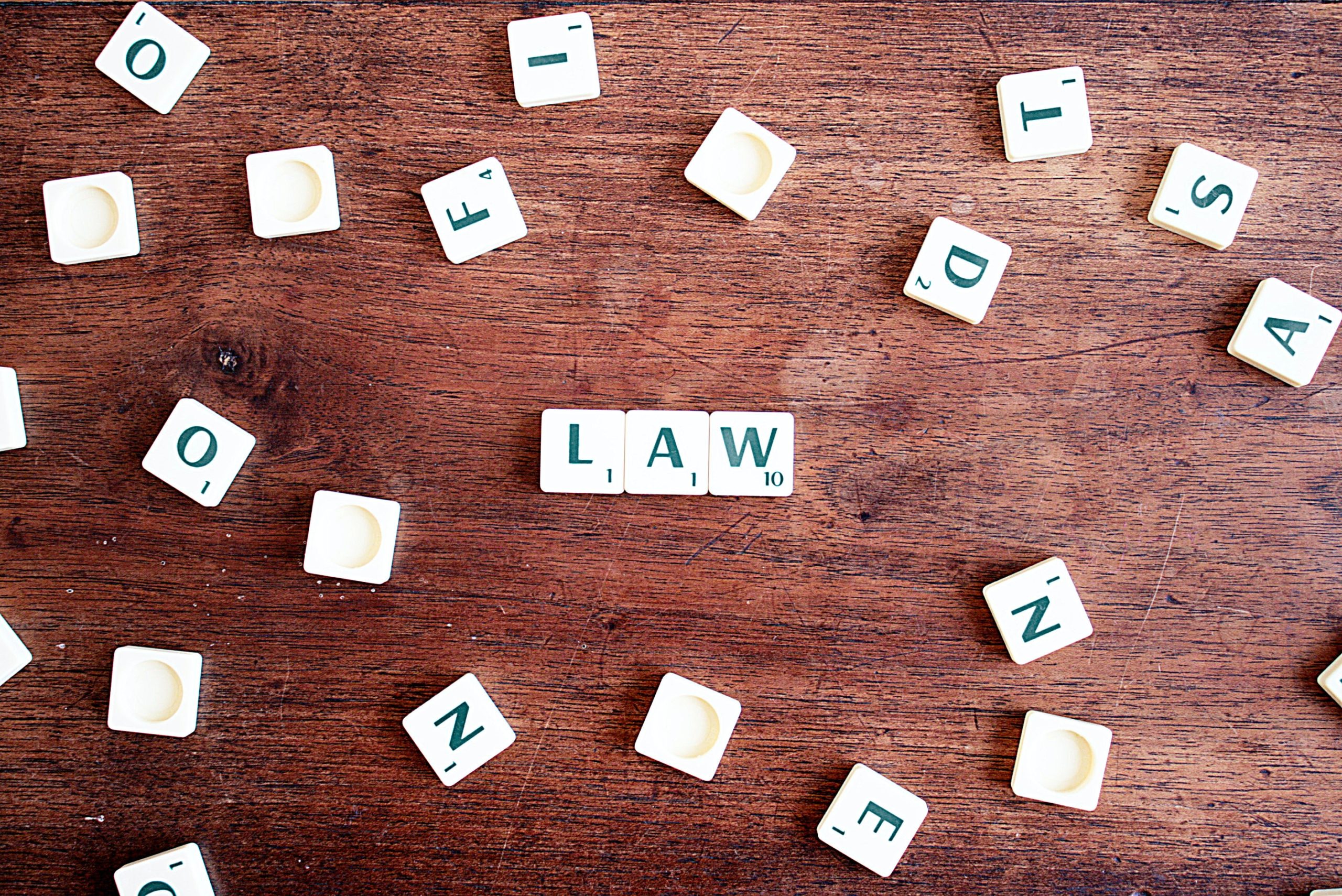The Power of the Federal and State Governments in a Time of Crisis: What Does the Constitution Say?
SPLITTING THE ATOM OF SOVEREIGNTY
by John DeLeo, Esq.
Does the Constitution give us some guidance in our government’s efforts to combat the coronavirus pandemic? We saw the president and the governors announce strong measures over the last month. This division of power between the two levels of government, federal and state, describes our system of federalism. As Justice Kennedy stated in the case of U.S. Term Limits v. Thornton:
Federalism was our Nation’s own discovery. The Framers split the atom of sovereignty. It was the genius of their idea that our citizens would have two political capacities, one state and one federal, each protected from incursion by the other. The resulting Constitution created a legal system unprecedented in form and design, establishing two orders of government, each with its own direct relationship, its own privity, its own set of mutual rights and obligations to the people who sustain it and are governed by it.
Federalism is reflected in the 10th Amendment which states that all power not granted to the federal government is reserved to the states and to the people. The Constitution granted certain enumerated powers to the federal government such as the power to tax, regulate commerce, declare war, control immigration, and provide for the military forces. The states retained all their pre-Constitution power with exceptions. States could no longer declare war, coin money, or enter into treaties with foreign powers. This retained power is called the police power. Police power is the power of a state to protect the health, welfare and safety of its citizens.
Traditionally the states have been the primary authority in controlling epidemics through the use of the state’s police power. The United States Supreme Court, as early as 1824 in the case of Gibbons v. Ogden, recognized that states have primary authority in establishing quarantines. Over time the Courts have consistently upheld a state’s right to quarantine contaminated food and also individuals to stop the spread of diseases.
The federal government’s primary role is to stop individuals from foreign countries from entering the United States who may spread communicable diseases. As noted on the website of the Centers for Disease Control (CDC), the federal government derives its authority for quarantine under one of the enumerated powers given to Congress in the Constitution, the commerce clause, the power related to the pursuit of interstate commerce. Furthermore, the CDC makes the distinction between the power of isolation which separates sick people with a quarantinable communicable disease from people who are not sick and quarantine which separates and restricts the movement of people who were exposed to a contagious disease to see if they become sick. Under the Public Health Service Act, the U.S. Secretary of Health and Human Services is authorized to take measures to prevent the entry and spread of communicable diseases from foreign countries into the United States and between states.
Again, we see the concept of federalism which makes the states the primary authority inside their borders and federal government primary at the U.S. border and for movement between states.
The Legal System and Paralegals
A paralegal’s involvement in a legal question of quarantine can be varied and arises in both private and public paralegal positions. Any individual can contest his or her confinement by filing a writ of habeas corpus wherein the individual requests a judge to examine the legality of the governments’ action. The judge can order a hearing and the government must justify the confinement. The person detained can hire counsel to assist in the proceeding. The judge has the power to order the release of the person if the judge concludes that the confinement was illegal. As with most areas of the law, paralegals are employed by the federal and state governments and private law firms to assist. The paralegal can do legal research, interview witnesses, assist in scheduling and work on any appeal of the judge’s ruling. Habeas corpus can be filed with respect to a state quarantine and federal quarantine of international travelers. We should note that the CDC regulations that appear to grant the federal government an enhanced role in these situations involving interstate movement by individuals have not been tested in the courts. Any regulation must, of course, be in accordance with the Constitution. A petition for habeas corpus could be filed to challenge a federal quarantine. This could occur if the federal government chooses to act under these regulations.
What happens if there is a conflict between a state and the federal government? As with all disputes, the Courts can be looked to resolve conflicts. The Supremacy Clause of the Constitution makes federal law supreme:
This Constitution, and the laws of the United States which shall be made in pursuance thereof; and all treaties made, or which shall be made, under the authority of the United States, shall be the supreme law of the land.
Not since the Spanish Flu Pandemic of 1918 has the United States and the world experienced such a crisis. Hopefully, at this time of crisis the federal government and the governments of the states can act cooperatively and amicably without the need for the Courts, should a conflict arise. It is also hoped that our unique system of federalism and its division of power will allow for an effective response to our current pandemic.














